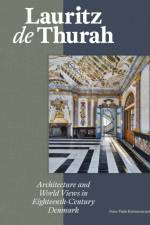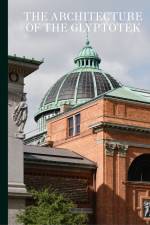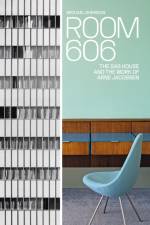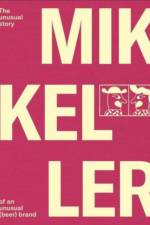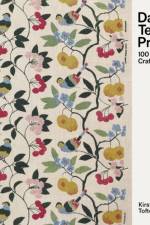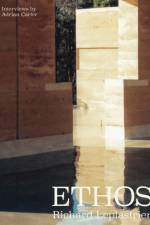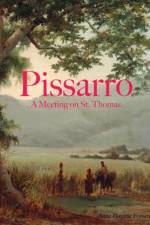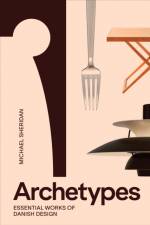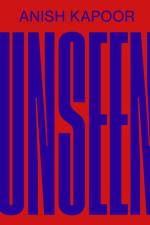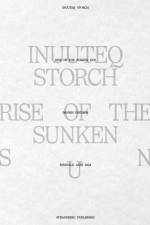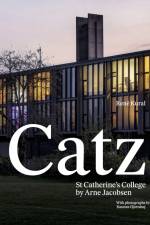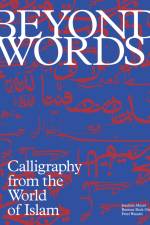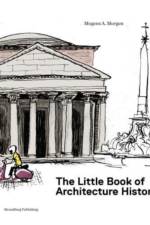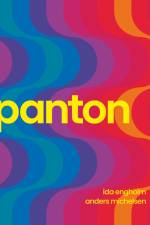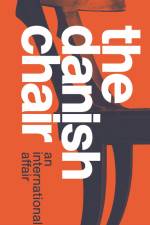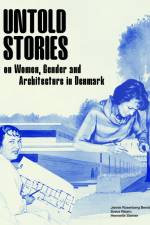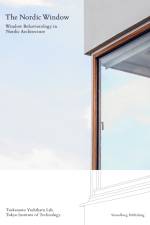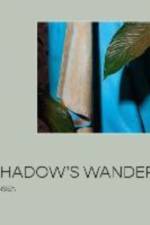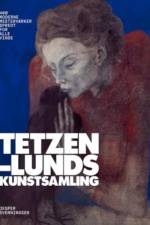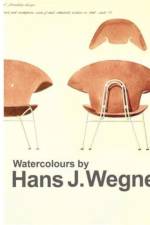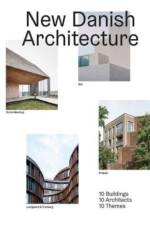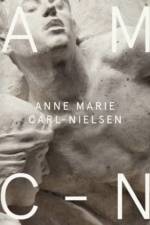- Architecture and World Views in Eighteenth-Century Denmark
av Else Marie Bukdahl, Thomas Lyngby, Peter Thule Kristensen, m.fl.
797
Lauritz de Thurah (1706–1759) was one of Denmark’s most significant architects of the Baroque period. He created several important buildings, including the Hermitage Hunting Lodge, the Royal Palace in Roskilde, Gammel Holtegaard and the famous spire of the Church of Our Saviour in Copenhagen, and masterminded conversions and extensions of properties such as Ledreborg, Frederiksborg Castle, Børglum Kloster and the now demolished summer residence Hirschholm Palace – widely known as the Versailles of the North.The mainstay of this monograph is architect dr.phil. Peter Thule Kristensen’s presentation of Thurah’s rich and complex architecture. The other chapters, written by experts Else Marie Bukdahl, Martin Søberg, Thomas Lyngby, Natalie Patricia Körner, Sanne Maekelberg and Nina Ventzel Riis, describe Thurah’s roles as a leading architectural historian, topographer, grand tour traveller, civil servant, military man and trailblazer within the new social structure in Denmark under absolute rule.The book also sheds light on the Baroque period in a broader sense, delving into the era’s court culture, garden design and church architecture. Finally, the afterlife of Thurah’s works is addressed: how do his buildings function in our present day, having been adapted to the needs and users of a new era?



